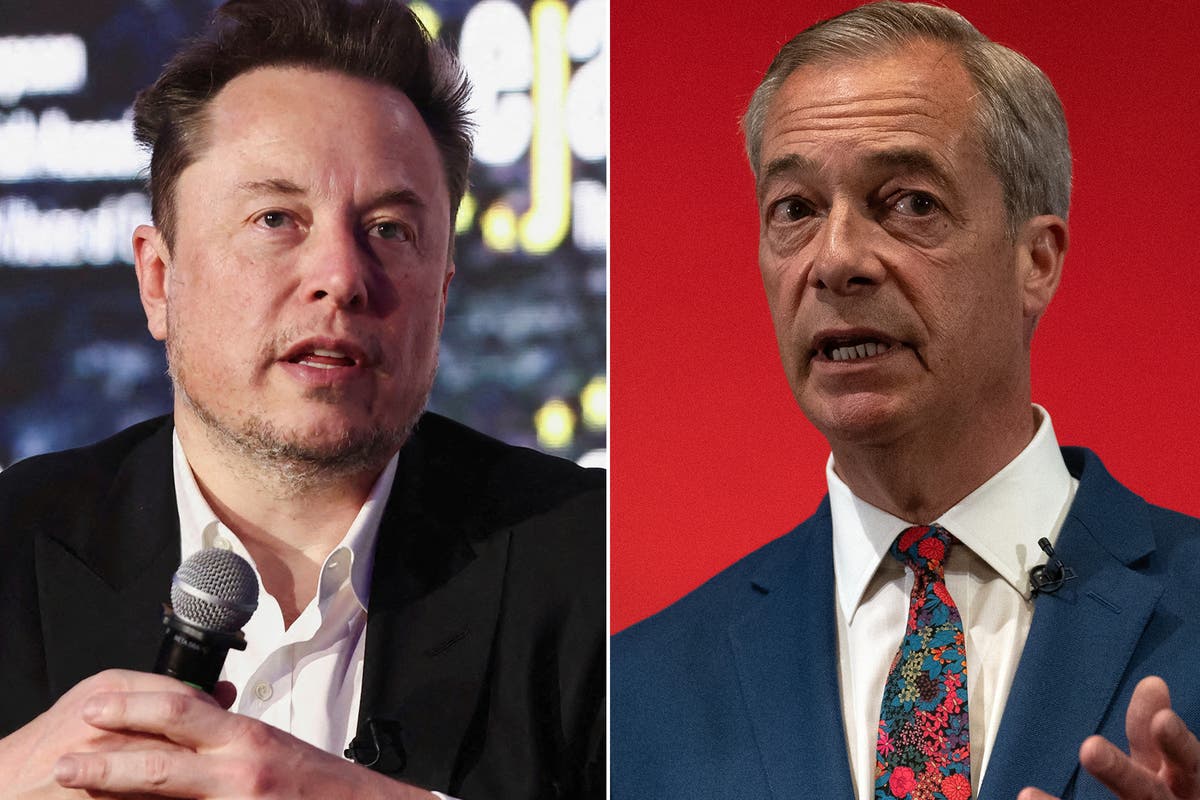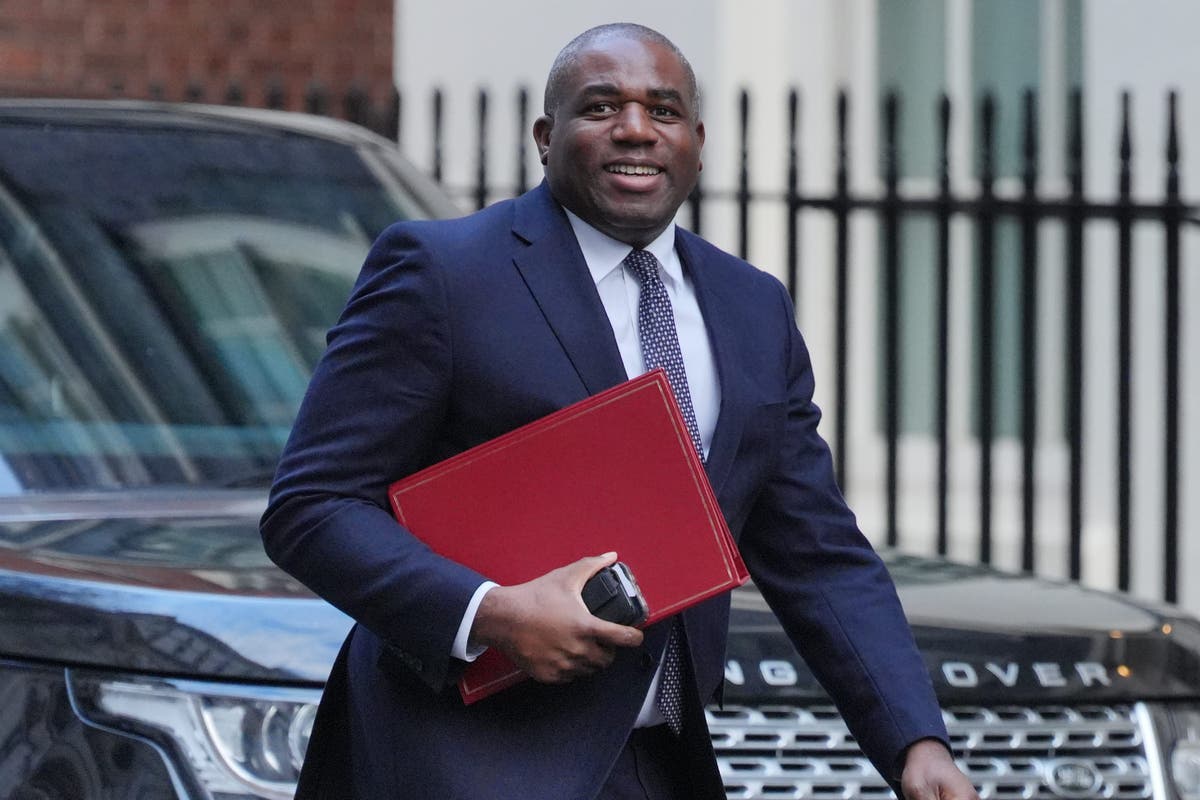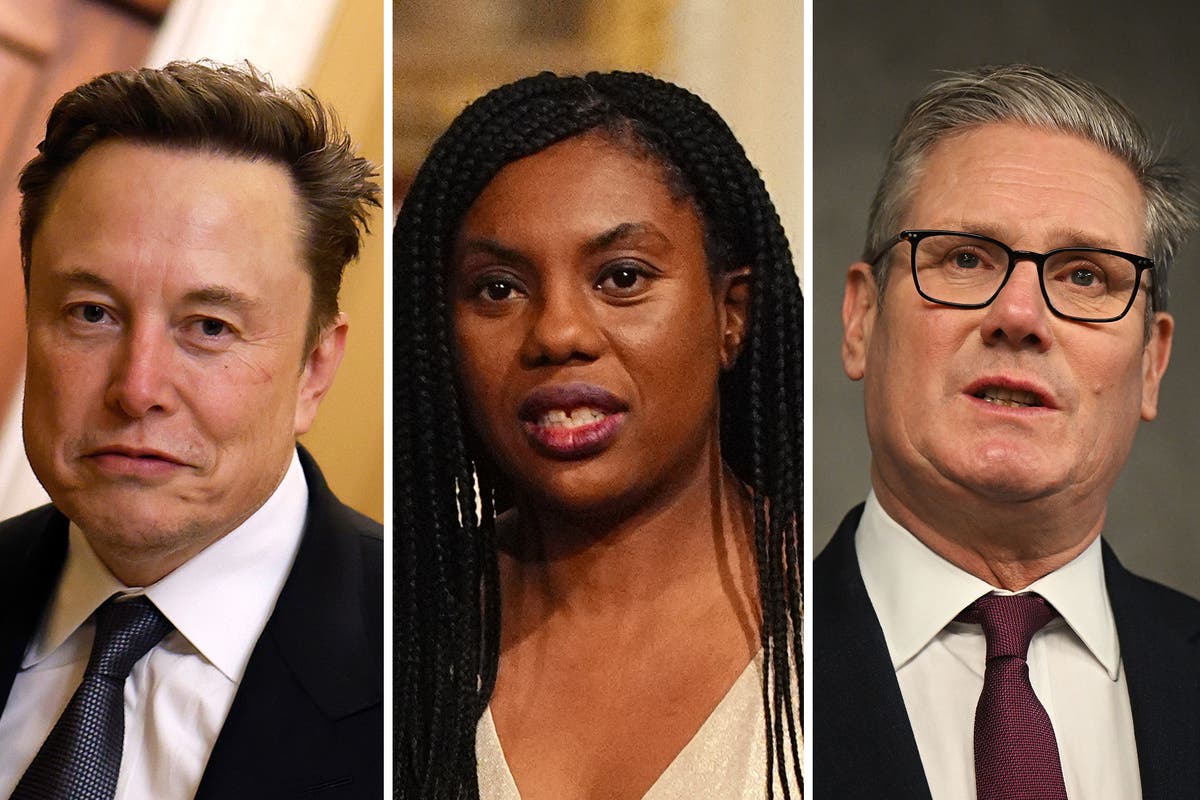Nigel Farage's political aspirations suffered a setback as his relationship with Elon Musk, the billionaire owner of X (formerly Twitter), fractured. The rift, stemming from Musk's support for the far-right activist Tommy Robinson, has exposed the fragile nature of Farage's populist alliance and its dependence on personal charisma.
Farage, seeking to capitalize on his perceived opportunity to reshape British politics, initially welcomed Musk's financial and social media support. Musk's substantial influence, coupled with the potential for significant funding, appeared to offer a shortcut to political success. This echoes his earlier role in the Brexit campaign and his support for Donald Trump in the US elections.
However, critics' concerns about Musk's erratic political leanings proved prescient. Musk's inflammatory posts concerning British politics and his backing of Robinson – a move Farage ultimately rejected – have shattered the alliance. This rapid unraveling has implications not only for Reform UK, but also for the larger populist right-wing movements across the globe.
Key figures within the Trump camp, aware of the parallels, have begun to anticipate a potential similar fallout for Trump. The prospect of a discordant relationship between the two prominent figures at the US presidential inauguration next month highlights the instability of such alliances.
Musk's actions reveal a tendency towards impulsive and politically motivated decisions rather than rational strategy. This, coupled with recent tensions between Musk and Trump, further underscores the fragility of their united front. Earlier predictions of a breakdown in relations are now proving accurate.
Farage's reliance on populist support, rather than a substantive political platform, is now underscored. The departure of supporters, disillusioned by Musk's actions, further diminishes Reform UK's prospects. The party's lack of substantial policy positions exposes its fundamental weakness as a political force.
This crisis presents an opportunity for the traditional center-right political parties and figures like Kemi Badenoch and the Conservative Party to reassert their prominence by offering a more viable and less extreme political alternative. Musk's intervention has accelerated the weakening of Farage's political standing and the broader populist right-wing movements.







